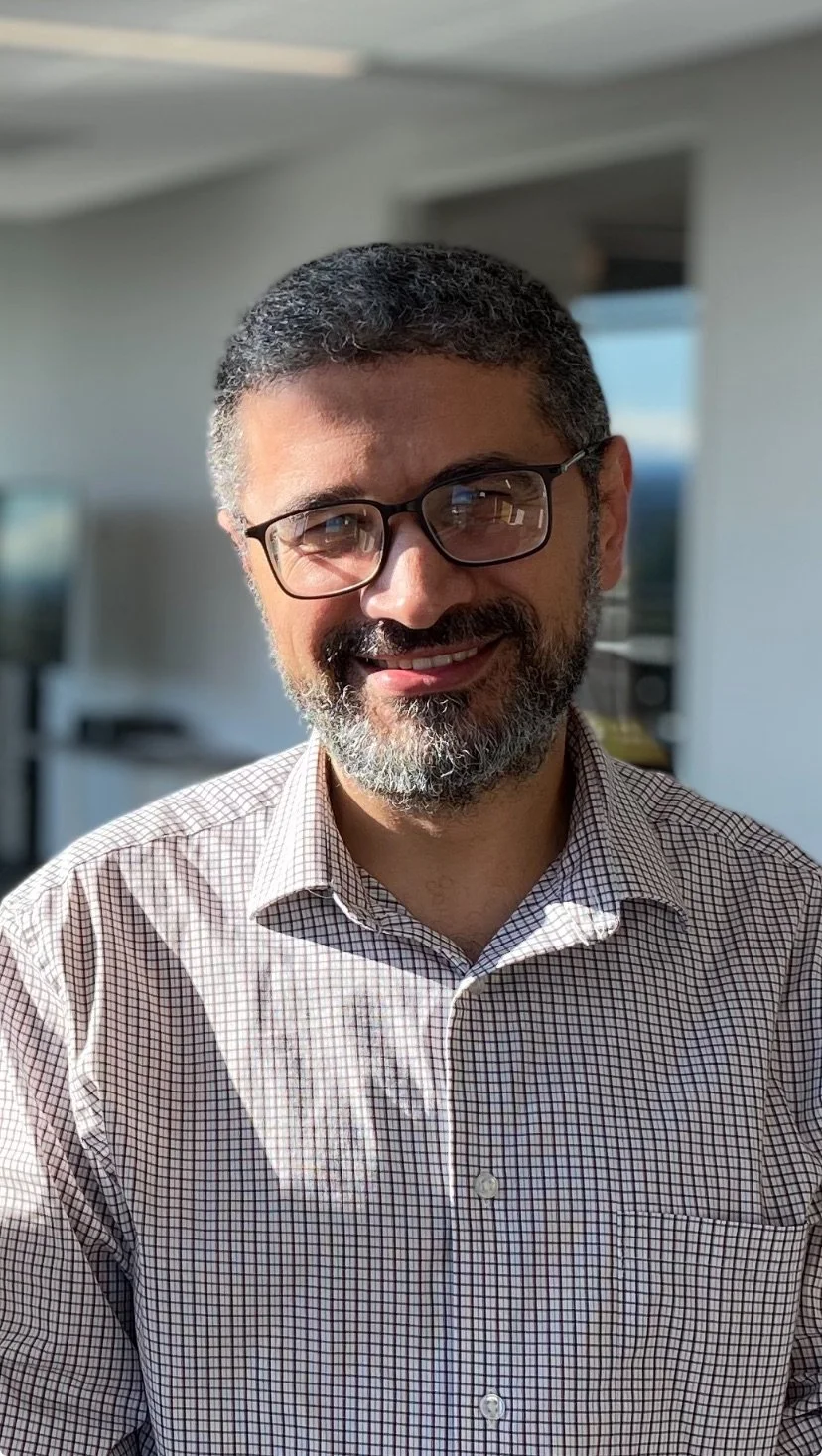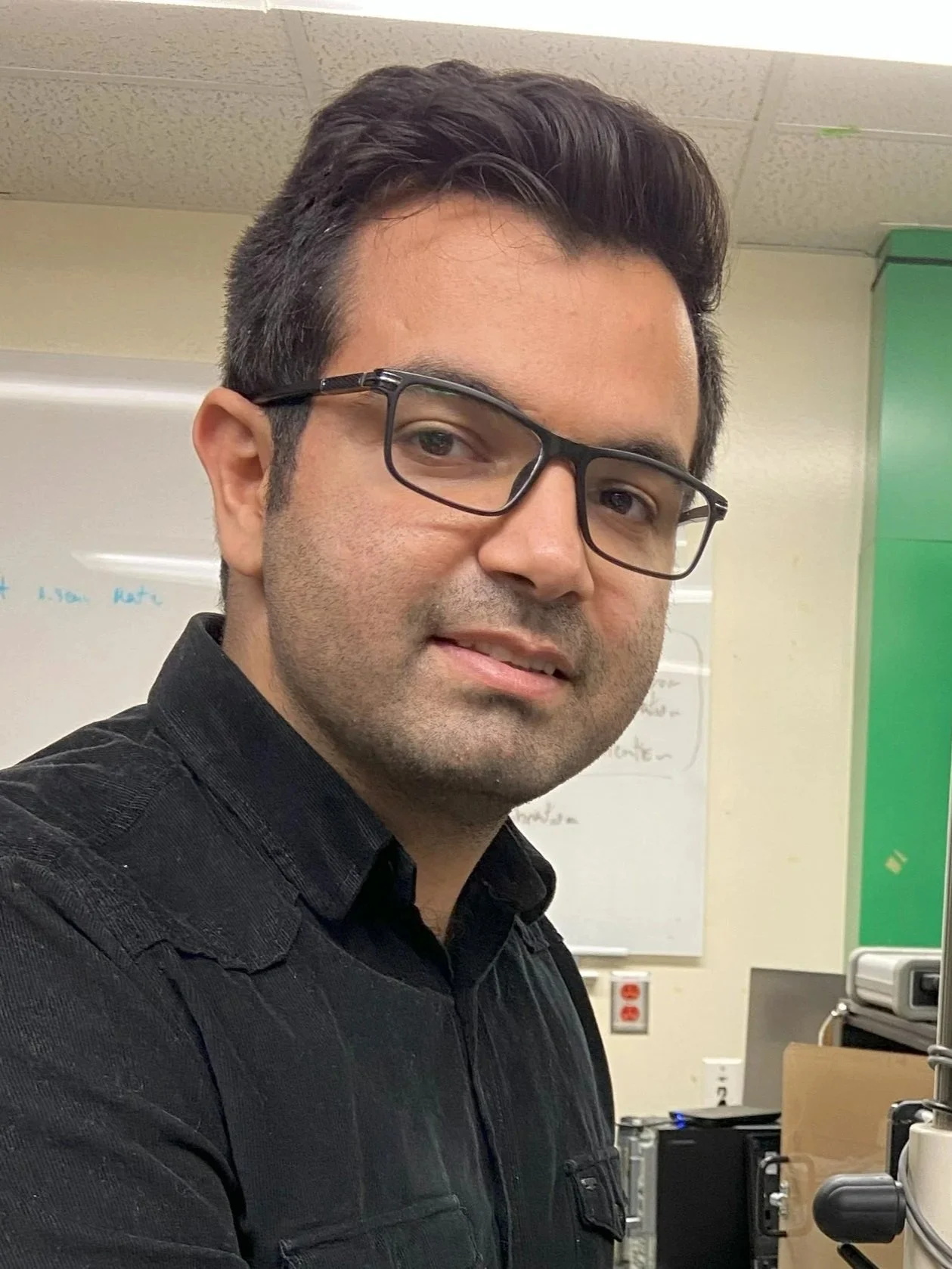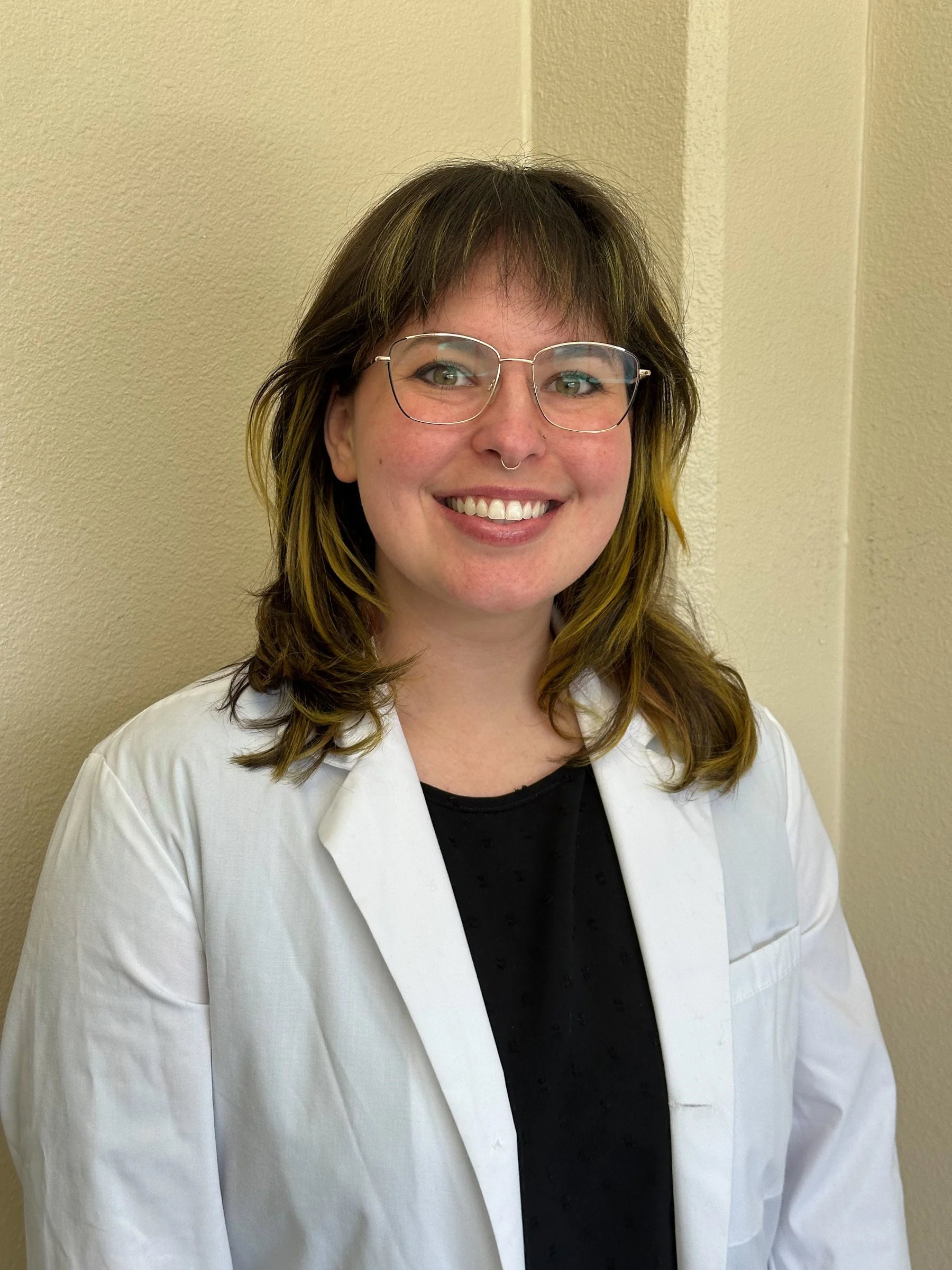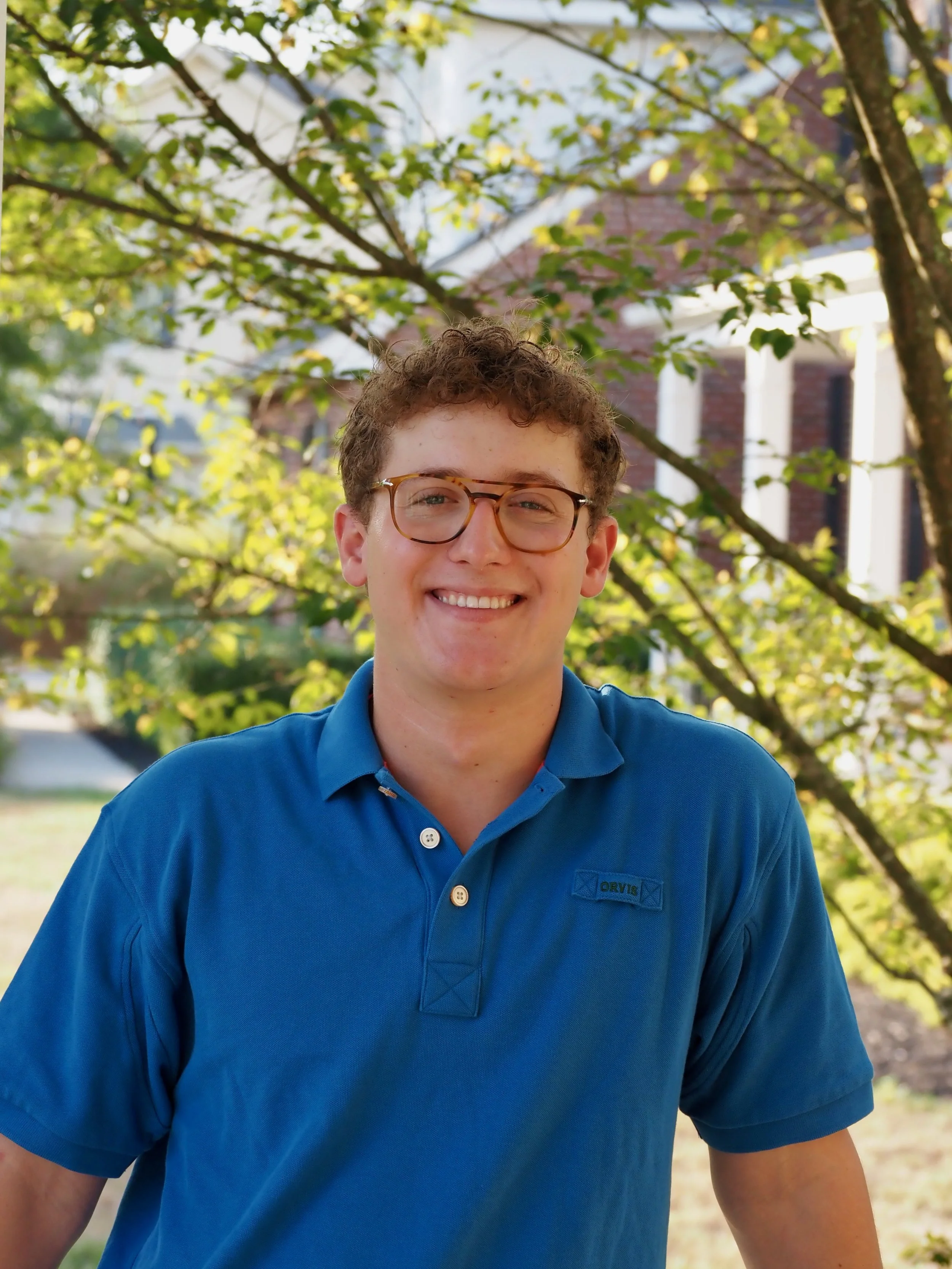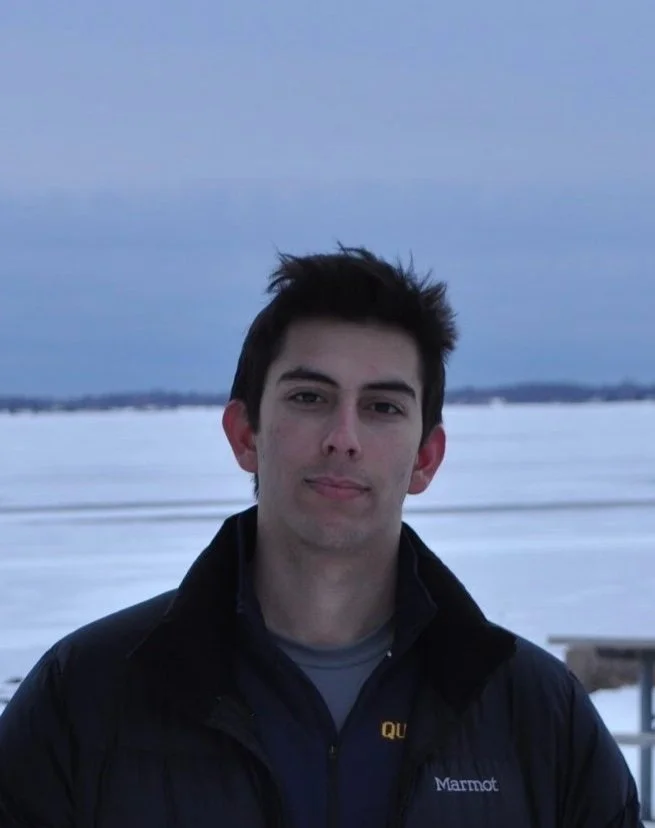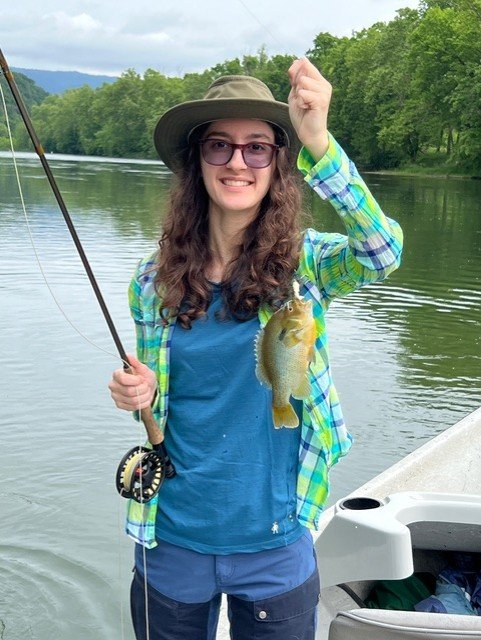
Current Harraz lab members
Osama Harraz, PhD
Principal Investigator
Osama is the Bloomfield Professor in Cardiovascular Research and an Assistant Professor of Pharmacology at UVM. He obtained his BSc and MSc degrees from Alexandria University in Egypt. In 2010, he started his doctoral training at the University of Calgary in Canada, where he studied calcium channels in the brain blood vessels. Osama was the recipient of most prestigious scholarship in Canada (Vanier Scholarship). In 2015, Osama moved to Vermont for postdoctoral training. His major accomplishment during his postdoc was the discovery of a phospholipid regulator that itdictates different signaling modalities in brain capillaries. Current work in the Harraz Lab aims to understand the capillary mechanosensation in health and disease.
Mohammad Elmahdy, PhD
Postdoctoral Associate
Mohammad obtained his B.Sc. (2005) in Pharmaceutical Sciences from the Faculty of Pharmacy, Mansoura University in Egypt. In 2010, he Finished his M.Sc. in Pharmacology and Toxicology, focused on hypertension in animal models, from Suez Canal University. He finished his Ph.D. in 2014 from the same institute, but focused on the induction and treatment of tumor in vivo and in vitro. He was an Associate Professor of Pharmacology and Toxicology, Faculty of Pharmacy, Damanhour University in Egypt, before moving to Vermont for postdoctoral training in the Harraz lab in 2023. He contributes to ongoing research that investigates molecular mechanisms underlying blood flow physiology.
Hadi Esfandi, PhD
Postdoctoral Associate
Hadi Esfandi received his B.Sc. in Biomedical Engineering from the University of Isfahan (2015) and his M.Sc. in Electrical Engineering from the University of Tehran (2018), where he focused on systems engineering for medical devices. During his PhD at Florida Atlantic University, in collaboration with the University of Wisconsin–Madison, his research centered on cerebral hemodynamics—spanning the development of in-vivo optical imaging systems to in-silico modeling of cerebrovascular dynamics. He contributes to multidisciplinary efforts to characterize the cellular drivers of cerebral hemodynamics across physiological and pathological contexts.
Megan Tuineau, PhD
Postdoctoral Associate
Megan graduated from New Mexico Highlands University with her B.Sc. in Biology (2018) before pursuing her graduate studies at the University of New Mexico School of Medicine. In 2025, she received her Ph.D. in Biomedical Sciences after completing her dissertation research with Dr. Nikki Jernigan on the role of acid-sensing ion channel 1a in mitochondrial function and pulmonary hypertension. In her free time, Megan enjoys going on adventures with her dog and cat as well as bouldering.
Asser Bedair, MSc
PhD Student
Asser obtained his B.Sc. in 2016 in Pharmaceutical Sciences from the Faculty of Pharmacy, Alexandria University, Egypt. In 2023, he finished his M.Sc. in Pharmacology and Toxicology from the same institute, where he studied the effect of modulators of ATP-sensitive potassium channels on morphine antinociception in experimental liver fibrosis. He is interested in ion channels and cerebrovascular diseases. In August 2024, he moved to Vermont for PhD rotational training in the Harraz Lab. Outside the lab, Asser participates in community services and enjoys playing soccer, cycling and going to the opera.
Petra Veljkovic, B.S.
PhD Rotation Student
Petra came from Serbia to obtain her B.S. in Molecular Biology at Vermont State University. Before starting her PhD, she worked as a Lab/Research Technician in the Thali Lab at UVM, where she studied the cell-to-cell spread of HIV-1. She is enthusiastic about exploring new research areas, particularly vascular ion channels and their roles in regulating cerebral blood flow. Outside the lab, Petra can usually be found chasing snow on the ski slopes, hiking up mountains, experimenting with new recipes in the kitchen, or doing anything that gets her outside and moving.
Austin Ruggles, B.S.
Lab Technician
Austin finished his B.S. in Biochemistry at UVM. He is interested in neurodegenerative diseases and vascular signaling processes. Apart from academics, he enjoys exploring the outdoors and photographing his adventures. He is also teaching himself how to snowboard.
Anna Betz, BS
Research Intern
Anna is a recent graduate from UMass Amherst with a B.S. in Neuroscience and Biology. She is interested in learning more about the neurovascular interactions that underlie neurodegenerative diseases. In her free time, Anna enjoys reading as well as playing soccer, ultimate frisbee, and weightlifting.
Maya Rao
Undergraduate Student
Maya is an undergraduate student pursuing her B.S. in Neuroscience with a minor in Molecular Genetics. She is particularly interested in ion channel biophysics and neurodegenerative diseases. In her free time, Maya enjoys hiking and reading.
Trevor Harriman
Undergraduate Student
Trevor is an undergraduate student studying Biochemistry at UVM. He is particularly interested in mechanosensory ion channels and neurodegenerative disease. In his free time, Trevor enjoys playing drums and snowboarding.
Anjali Nath
Undergraduate Student
Anjali is an undergraduate student studying biochemistry at UVM. She is interested in neurodegenerative disease and ion channel signaling. In her spare time, Anjali enjoys fishing and playing dungeons and dragons.
Curtis Plante, BASc
Medical School Student
Curtis received his BASc in chemical engineering from Queen’s University in Canada before transitioning to medical school at UVM. He is interested in neurovascular coupling, neuroengineering, and neurodegenerative disease pathology. In the Harraz Lab, Curtis helps with MATLAB data processing, analysis, and visualization of vascular LSCI experiments. In his free time, Curtis enjoys listening to live music as well as playing soccer, hockey, and guitar.
Harraz Lab Alumni
-

Amanda Senatore
Graduate student, OHSU
-

Hammad Ali
Undergraduate Student, UVM
-

Ryan Duffany
Gradute student, UVM
-

Luc Willemse
Clinical Trial Assistant
-

Abby Kate Caproni
Research Enrollment Coordinator, Mass General Brigham
-
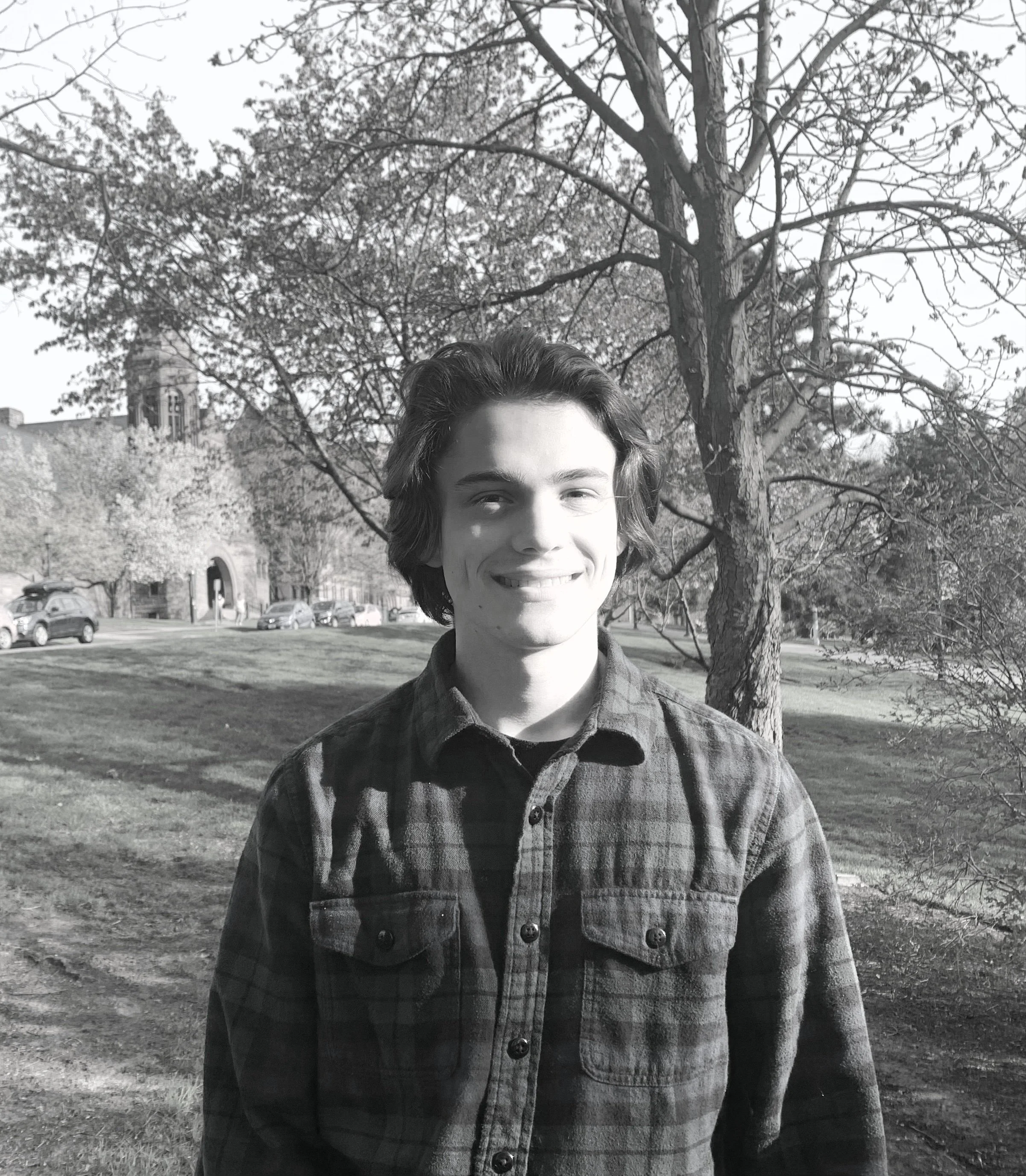
Cory Raymond
CMB PhD student, UVM
-
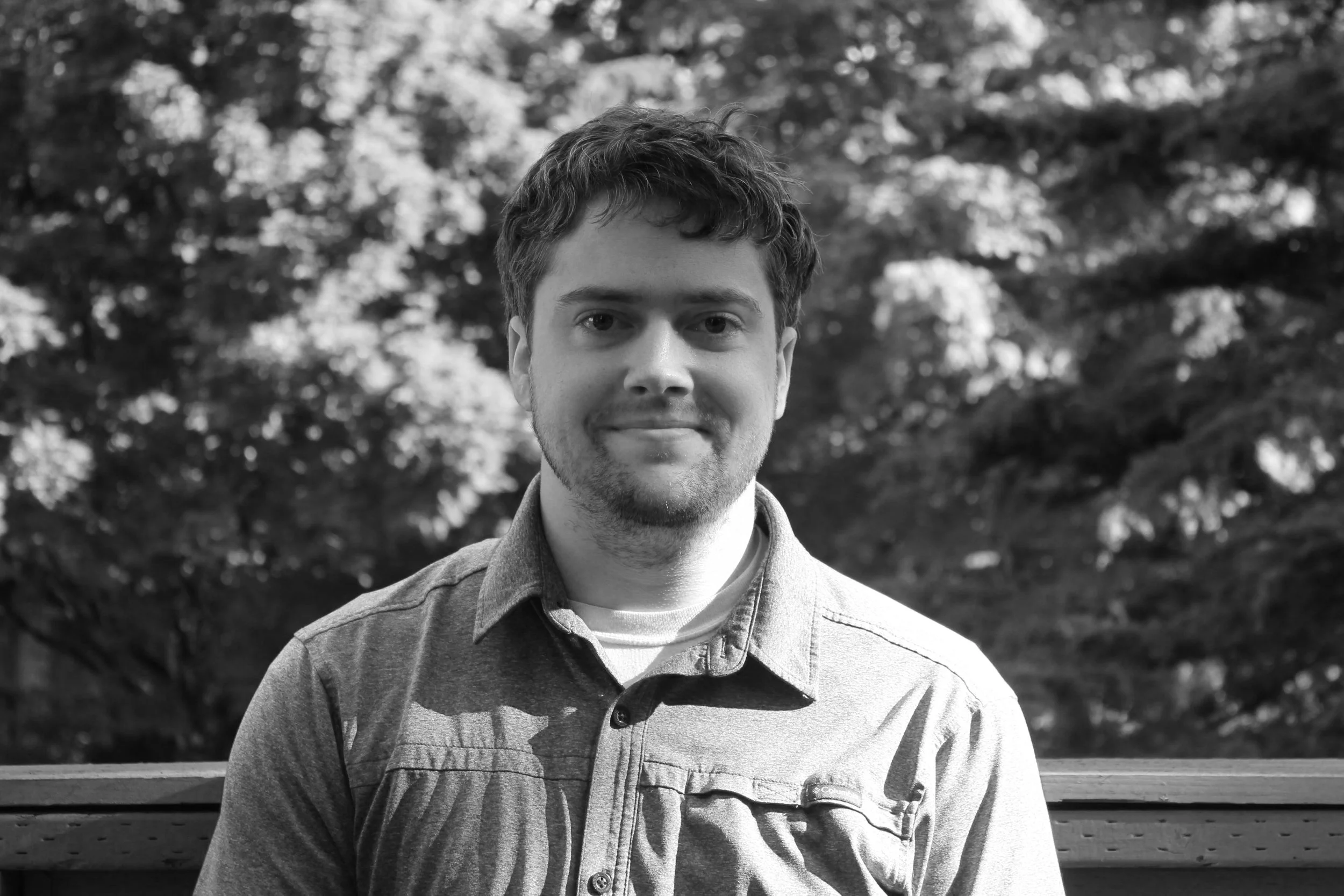
Skyler Younger
NGP PhD student, UVM
-

Grace Ebner
-

Noah Mattheis
-
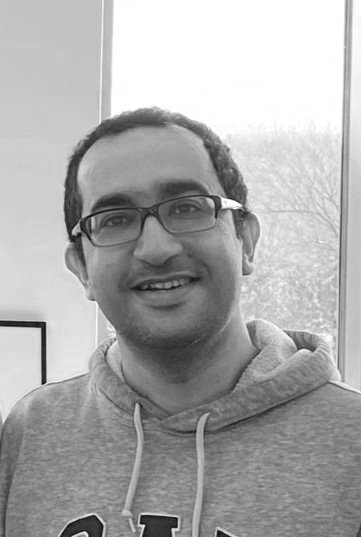
Ahmed Hashad
-
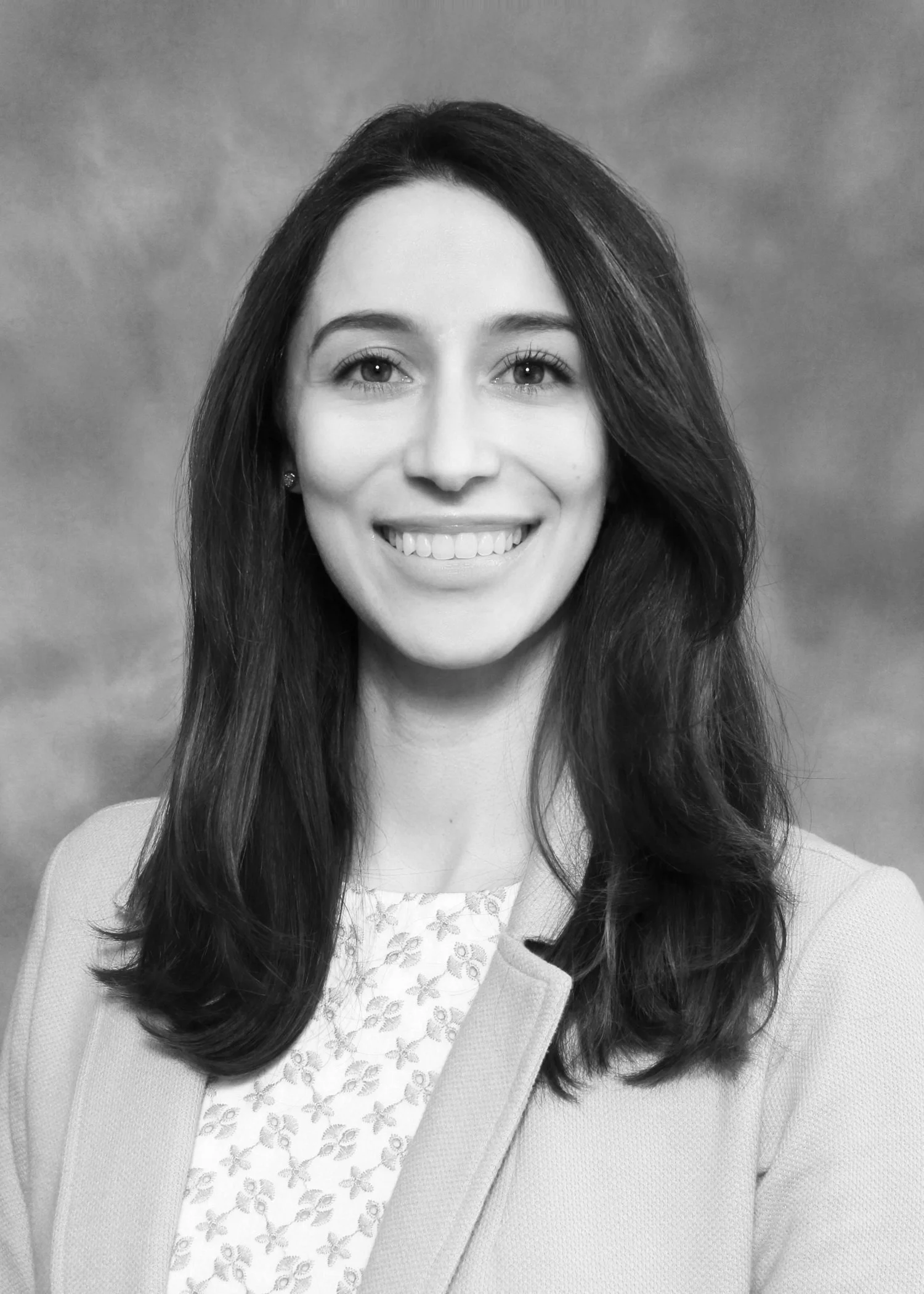
Natalia Mathieu
Postdoctoral associate, MCW
-
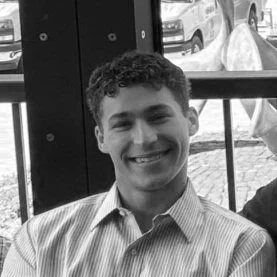
Henry Bijur
-

Mike Ippolito
UVM MSc Student
-

Emily Xin Rui Lim
-

Kayla Kellam
UVM Biochemistry student
-

Caroline Kehlet
UVM Neuroscience student
Graduate studies
We accept students in the following programs:
Neuroscience Graduate Program (NGP)
Cellular, Molecular, and Biomedical Sciences (CMB) Program
Master of Science in Pharmacology
Interested? Please, contact Dr. Harraz and follow the specific program instructions to APPLY
Join Us
The Harraz Lab always considers highly motivated applicants with interests in vascular physiology, pathophysiology, ion channels and imaging (whether we have an active advertisement or not).
Postdoctoral Associates:
A successful candidate will investigate ion channels and receptors in the vascular system under physiological and pathophysiological conditions. The research will involve patch clamp electrophysiology, genetically engineered mouse models, primary cell culture, calcium imaging, and in vivo imaging of blood flow. We are specifically interested in individuals with research experience in vascular biology, ion channels, signal transduction pathways, small vessel and/or neurodegenerative diseases. Prior experience in vascular biology or neuroscience is essential, but most importantly, the successful candidate will possess a high level of self-motivation with a strong interest in the health implications of biomedical research.
Requirements:
· Being passionate and motivated about scientific discovery
· PhD in Physiology, Neuroscience, Pharmacology or a closely related field
· Publications in vascular biology and/or ion channels in peer-reviewed journals
· Experimental experience in patch clamp electrophysiology and/or vascular imaging
· A strong background in vascular biology, ion channels, signal transduction pathways, small vessel and/or neurodegenerative diseases is highly desirable
Interested candidates should provide: 1) a cover letter to describe their research experience; 2) CV; 3) copies of published papers; and 4) contact information of three references. Please, email the above info to oharraz@uvm.edu.
Research Technicians:
Technicians in the lab will contribute to ongoing projects, perform experiments, and manage general lab supplies. Candidates should e-mail (oharraz@uvm.edu) a CV, a 1-page statement of research interests and career goals, and the contact information of three references. A minimum two year commitment is requested for all technicians.
Minimum Qualifications: Bachelor degree in pharmacology, physiology, neuroscience or a related field. Two to three years’ experience in a laboratory environment. Effective written and oral communication skills and interpersonal skills. Ability and willingness to adapt to changing situations of multiple, concurrent projects and to adjust priorities accordingly. Ability to work independently, in a timely fashion and in precision and accuracy. Desirable Qualifications: Experience with animal care, electrophysiology, cell culture, imaging, handling of small laboratory animals, and/or animal colony management.
Graduate Students:
Interested graduate students (in the Graduate Programs listed above) are encouraged to contact Dr. Harraz (oharraz@uvm.edu) to set up a rotation. Please, include a CV with relevant research experience, coursework, and research interests. The Harraz lab is currently affiliated with the CMB and NGP programs at UVM.
Undergraduate Students:
Undergraduate students who are eager to learn are welcome in the Harraz Lab. Interested students should e-mail a CV with relevant coursework and experience, a brief statement of research interests and career goals, and the contact information of two references.


